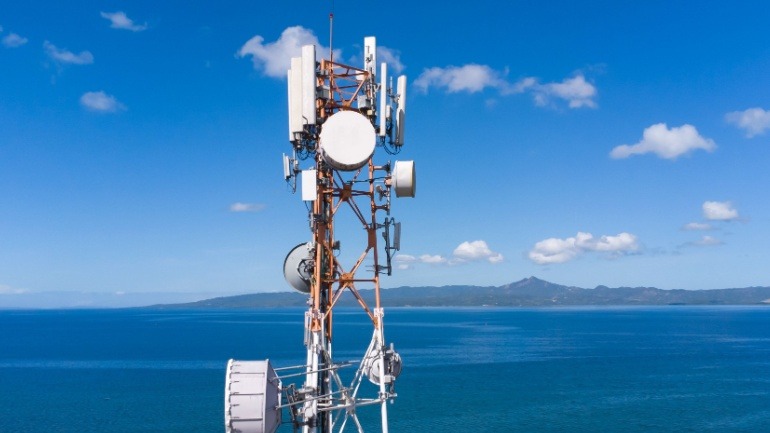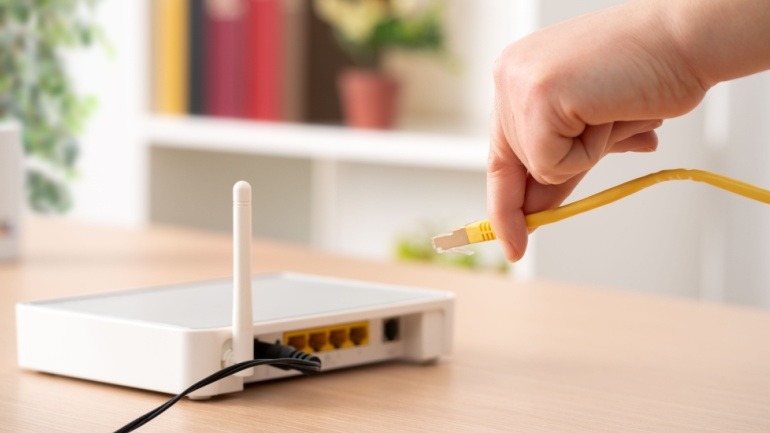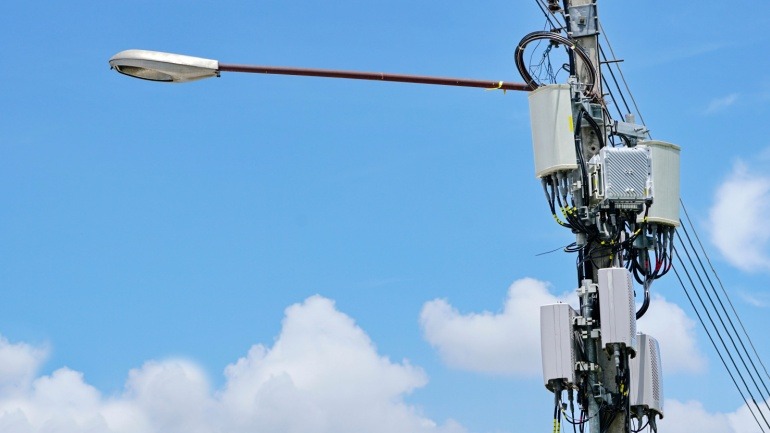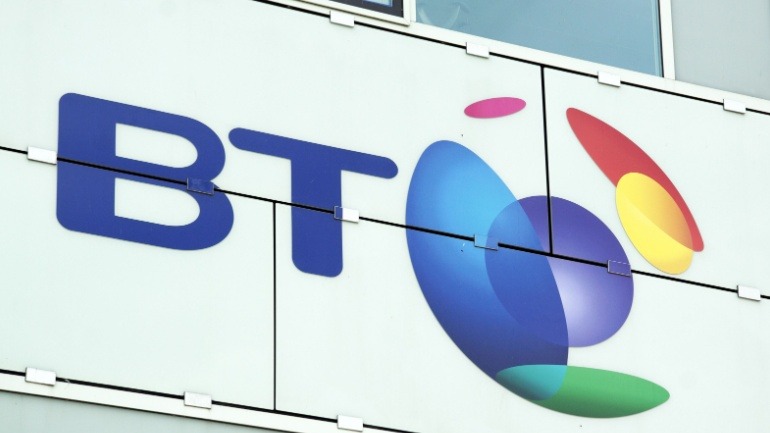Verizon Business is revolutionizing the UK’s industrial sectors by turning them into digital highways through strategic partnerships like the one with Thames Freeport. This ambitious project leverages 5G technology to propel AI and IoT applications in manufacturing and logistics, aiming for 200% revenue growth by 2025.
Verizon and Nokia are deploying six private 5G networks across Thames Freeport to transform UK logistics and manufacturing. Spanning 1,700 acres, the project supports advanced technologies like AI and IoT at key sites including Port of Tilbury, London Gateway, and Ford’s Dagenham plant.
Quickline Communications is investing £250 million to bring gigabit broadband to 360,000 rural locations in Yorkshire and Lincolnshire. Backed by Project Gigabit and key partners, the initiative aims to bridge the digital divide, boost local economies, and connect underserved communities with fast reliable internet over the next three years.
The UK’s new Data Use and Access Act aims to boost the economy by £10 billion, streamline public services, and improve healthcare data access. It empowers consumers, enhances tech innovation, and strengthens digital ID systems, while also supporting bereaved families and construction workers.
Openreach urges UK businesses to move quickly to digital networks as the Public Switched Telephone Network faces shutdown by January 2027. Delays risk severe disruptions to payment systems, alarms, and phones. With free testing and support available, companies must review, test, and switch promptly to avoid increased costs, security risks, and missed growth opportunities.
The UK government and NVIDIA have partnered to boost AI research in UK universities. Through new programs and a dedicated AI Technology Center, the collaboration aims to advance AI and 6G innovation, provide researchers with critical tools.
The UK is revolutionizing its cybersecurity approach by launching a dedicated cyber command led by Defence Minister John Healey. This strategic move empowers the nation to tackle state-sponsored cyber threats more effectively than ever before. With a £1 billion investment, the initiative strengthens offensive and defensive cyber capabilities.
Three UK has trialled Open RAN in central Glasgow, improving 4G and 5G performance in the first dense urban deployment of its kind in the UK. The project showed strong results but raised questions about the future of such initiatives without government support.
BT and Openreach have secured a £9.8 million contract to deliver high speed broadband to over 1,700 underserved sites in Southwest Wales. This major infrastructure project aims to bridge the digital divide, boost connectivity in remote areas, and support economic and social development.
BT has launched a new international unit as part of its strategic overhaul, aiming to streamline operations and sharpen focus on the UK market. Led by Bas Burger, the division will operate independently and enhance financial transparency, supporting BT’s broader cost saving goals.













